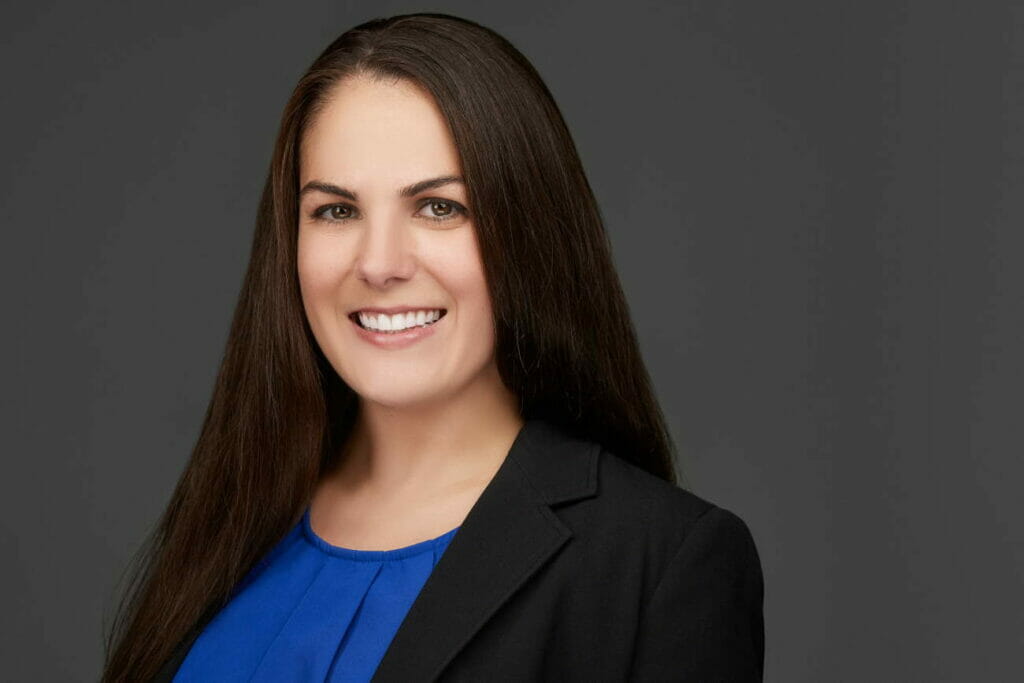Addiction

Addiction (substance use disorder)?
What is Addiction?
Drug addiction, or substance use disorder, is a mental illness which affects the brain and a person’s behavior. It leads to the inability to stop or control the use of a drug, medication, alcohol, or another “vice” (including gambling, sex, tobacco, etc.). When you are addicted to anything you may continue to use drugs or another vice despite the harm it may cause you.
Drug addiction usually begins with “recreational drugs” (drugs, which may be called “gateway drugs”). These drugs are usually tried with friends in social situations. Eventually the usage becomes frequent until a stronger drug is tried and then is again frequently taken. Some may begin drug addiction with prescribed medications or getting a medication from a friend, relative, or at a social gathering. Some drugs have a higher risk and may cause addiction more quickly.
Eventually, you need a larger dose of the drug or vice to get high. We often hear, “I just need it to feel good.” As usage increases it becomes difficult to “function” without the drug. Stopping a drug may cause cravings which may be intense or you may experience withdrawals and become physically ill.
Addiction is a major problem in the US and we always recommend seeking medical attention (particularly an addiction psychiatrist trained in addiction treatment), positive support from family, friends, support groups, and/or organized treatment programs.
What are symptoms of Addiction?

Symptoms of addiction may include (but are not limited to):
- Need to use a drug regularly (even daily)
- Intense urges, which may block other thoughts
- Needing more of a drug to get the desired effect
- Taking more of a drug than intended
- Maintaining a supply of the drug
- Spending money (even if you can’t afford it) on the drug
- Inability to meet work obligations or life responsibilities
- Reducing social activities because of drug use
- Continual use of the drug, knowing it is causing problems in your life
- Engaging in activities, different than normal, to get the drug
- Driving or engaging in risky activities when under the influence
- Not being able to stop usage
- Experience withdrawal symptoms when you do stop the drug
How to recognize drug use in family and friends?

Addiction may be hard to distinguish in many people, especially teenagers who may be moody or just suffering from regular teenage anger, however indications may include:
- Physical Health – Decreased energy, motivation, zest for life, red eyes, or weight loss/gain
- School or Work Issues – Poor attendance, disinterest in school activities, work, or performance
- Self-Care – Poor grooming and no interest in clothing (putting together an outfit or clean clothes)
- Behavioral Changes – Efforts to be secretive about personal belongings, social plans, and changes in relationships with family or friends
- Money Problems – Asking for money without explanation, money may be missing, or other behavior which may indicate the selling of items to support drug usage
Psychiatry Disorders
- Anxiety
- ADHD
- Addiction
- Alcoholism
- Alzheimer’s Disease
- Anger Management
- Behavioral Issues
- Bipolar Disorder
- Borderline Personality
- Chemical Dependency
- Codependency
- Dementia
- Depression
- Drug Abuse
- Dual Diagnosis
- Emotional Disturbance
- Grief
- Major Depression
- Narcissistic Personality
- Insomnia or Sleep
- Obesity
- Obsessive Compulsive (OCD)
- PTSD
- Schizoaffective Disorder
- Schizophrenia
- Self-Esteem
- Self-Harming
- Sexual Disorders
- Social Anxiety
- Stress Issues
- Substance Abuse
- Trauma

Sarah Kantelis, PA-C
Do you know the 10 most common addictions in the US?
- Tobacco (nicotine) addiction 40 million.
- Alcohol addiction 18 million.
- Marijuana addiction 4.2 Million.
- Painkillers addiction 1.8 Million.
- Cocaine addiction 800,000.
- Heroin addiction 430,000.
- Benzodiazepine addiction 400,000.
- Stimulant addiction 330,000.
- Inhalants addiction 140,000.
- Sedatives addiction 80,000.
Top-Trained
We employ top-trained psychologists, psychiatrists, and psychiatric nurse practitioners.
Passionate Team
We've carefully assembled a team whose passion is to serve others with a purpose.
Award Winning
Dr. Alejandro Alva is an award winning and internationally recognized psychiatrist.
Most Renowned
We are Orange County's most renowned psychiatrist practice.
Orange County Psychiatrist
Pacific Neuropsychiatric Specialists - PNS
Contact Us
Please contact us with questions
or requests for an appointment.
